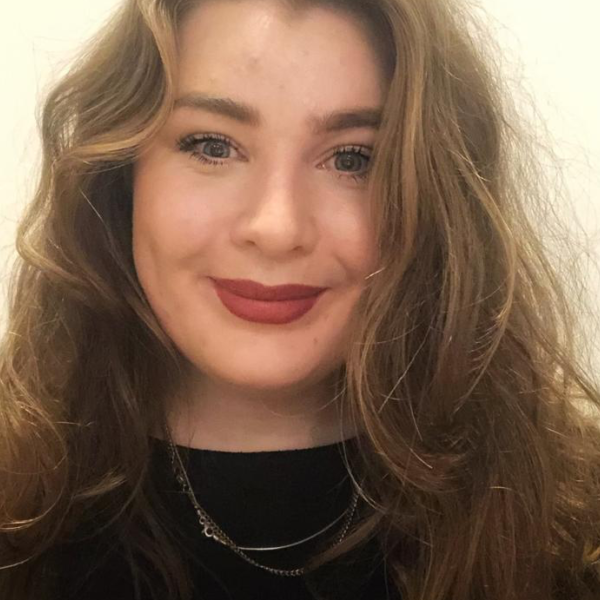
Lydia Murphy
Development Officer, Poverty Alliance
At the Poverty Alliance, we believe that poverty is a denial of fundamental human rights. Our Rights in Action project aims to raise awareness of Economic, Social and Cultural Rights and how they can be used as a tool to fight against poverty.
Economic, social and cultural rights are those rights that outline the minimum standards of material security we need to live a dignified life and the rights we need to be able to access to take part in society. These include rights like the right to an adequate standard of living including food, clothing, and housing; the right to work and to fair working conditions; the right to education; and the right to health.
We have had hundreds of conversations across 12 workshops with over 100 attendees exploring the human rights issues we see in our communities.
Almost all of those who had experienced poverty felt that the government had failed to keep to their human rights promises.
In one case, this included a lack of adequate healthcare leading to worsened disability and fear of death. People have frequently talked about the inadequate and combative nature of the current UK social security system to be out of line with the human rights obligations contained in the right to social security. We are a compassionate nation. Our social security system should reflect this.
Food poverty and the failures of public bodies to fulfil their basic human rights obligation – to ensure the population is free from hunger- has been a repeated theme. Third-sector organisations are plugging the gap caused by insufficient incomes, but they are increasingly stretched.
During one workshop a participant had to leave to open their foodbank's freezer as another foodbank had completely run out of food for hungry people waiting outside.
Third-sector organisations have also reported an increase in long-term referrals to food banks without people being able to access the other support that they need. In some areas, this includes people being unable to access benefit maximisation services.
Lack of mental health care for those experiencing poverty has been highlighted as a key issue that stands in the way of us enjoying our right to the highest attainable standard of physical and mental health.
Race, citizenship and disability interact with people’s abilities to access their rights. Those with no recourse to public funds and without the right to work are a group seen to have some of the most barriers to accessing their human rights. Parents with children with additional support needs spoke of their battles to ensure their children could access primary school.
Poverty restricts people’s choices and their ability to take part in society. International human rights law acknowledges that we need to be able to do this in order to lead dignified lives and that we all have the right to take part in cultural life. Children growing up in poverty face serious barriers to accessing culture. Issues around access to school trips and museums have been raised. Although some cultural activities are free, there are additional costs that make accessing them prohibitive. People in rural areas shared that this issue is particularly acute due to the lack of available transport.
It is important to acknowledge that as sobering as a lot of these conversations have been, they have also been an opportunity to identify action that can be taken to improve people’s ability to enjoy their rights. Throughout the process actions that people and organisations can take to improve participation, increase understanding of rights, bring human rights into projects and processes and grow as anti-poverty practitioners and campaigners.
However, fundamentally, human rights obligations rest with our public bodies. A rights-respecting Scotland is one where people have sufficient incomes to afford food, can access adequate healthcare and where all children can access education.
In a compassionate Scotland, the government would keep their human rights promises to all people, including those who are experiencing poverty.
If you want to get involved with our Rights in Action project, get in touch with Lydia at [email protected]


Enter your email address to receive regular e-updates about our work. If at any time you want to stop receiving these, simply contact us. We’ll keep your details safe and won’t share them with any other organisations for their marketing purposes. For full details see our Privacy Policy.